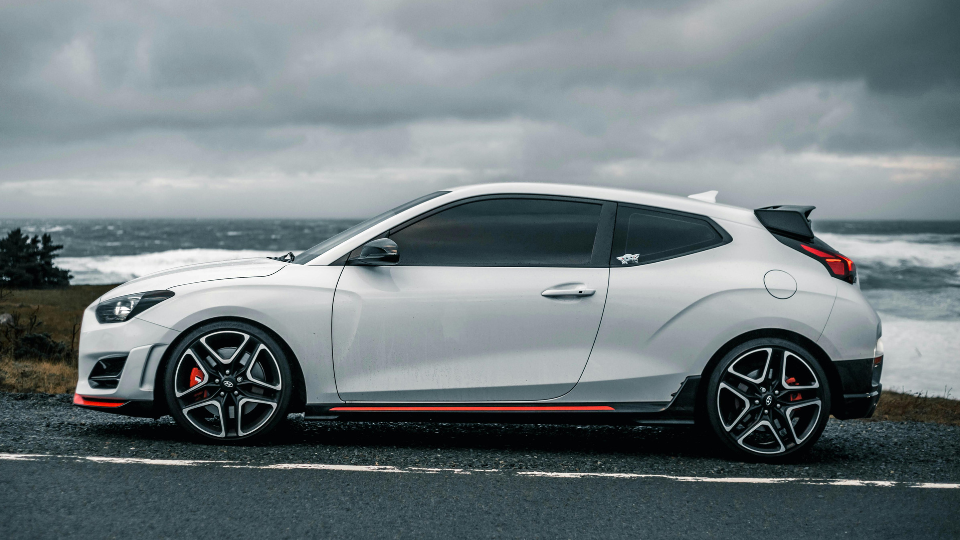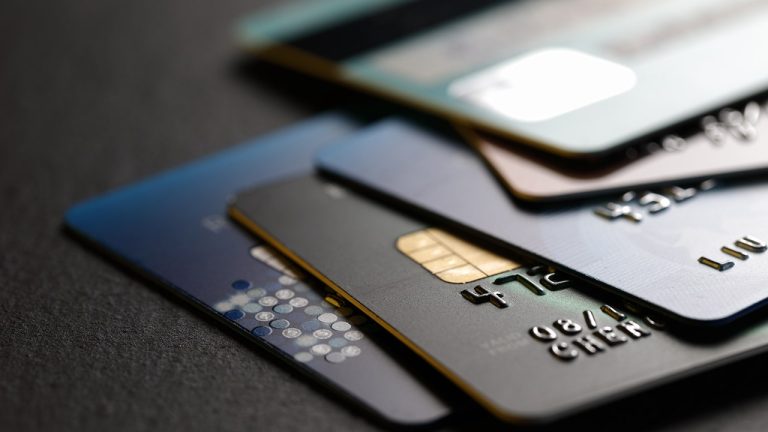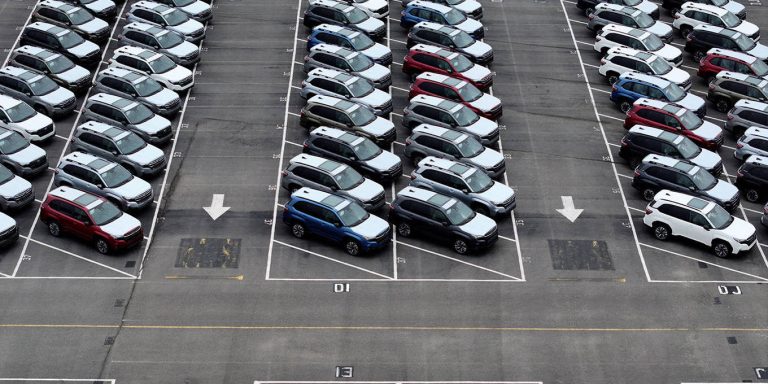
In India, a mid-range Sedan with third-party liability coverage, the average cost may commence at around INR 5,000 to INR 7,000. Meanwhile, comprehensive coverage for the same could reach from INR 10,000 to INR 20,000 or even higher.
If your car insurance needs have changed or you simply want to shop around for cheap car insurance, here’s how to switch car insurance companies.
How To Switch Car Insurance in 4 Steps
1. Compare Car Insurance Options
Since car insurance rates vary considerably among companies, one of the best ways to find the right policy is to compare car insurance quotes from multiple companies. When comparing quotes, pay attention to:
Coverage options, limits and deductibles. While price is an important factor, it’s not the only thing to look at. Do you need increased liability coverage in case of a lawsuit against you over an accident? Or is it time to drop collision and comprehensive coverage because your vehicle is several years old?
“When comparing new quotes to your current premium, make sure you are comparing ‘apples-to-apples,’” says Jon Bloom, vice president of product management at Erie Insurance. “Ensure that coverages are in line with the coverages you already have in place, so you don’t find yourself over or underinsured.”
Customer service and convenience. The best car insurance companies offer good service and a good price.
Digital Self-Inspection
Yes
2
ICICI Lombard Car Insurance
Benefits:
50% discount under No Claim Bonus, Fast claim settlement, Personal Accident Coverage
Number of Network Garages:
5000+
2. Contact Your Current Insurance Company
When you’ve chosen a new company, you want the new policy to be in force before the previous policy is canceled. Insurers let you choose an effective date. For example, you can choose for your new policy to be effective immediately or at a date in the future.
Once you confirm your new policy is effective, you can cancel your policy with your previous insurance company. If you cancel a previous policy before a new policy is effective, you could run into some serious financial problems.
First, you won’t have coverage on your car, which means if you get into an accident, you’ll be on the hook for any car repair bills, property damage and medical expenses.
Second, driving without insurance is illegal in most states, which can result in fines and license suspension.
Third, driving without car insurance creates a “coverage gap,” which will cost you more in insurance premiums when you buy a policy. That’s because insurers consider driving without insurance a higher risk, which means higher rates.
Make sure to ask for a cancellation confirmation. This way, you can ensure your auto insurance policy with your previous company doesn’t automatically renew.
3. Swap In Your New Insurance ID Card
Now that you have a new car insurance company, you need to update your insurance ID cards. If you get in a car accident or pulled over, you may need to show proof of insurance.
Your insurer can typically provide you with proof of insurance via fax or email after you buy a policy. But many insurers offer an electronic insurance card, either for download to store on your smartphone or through the company’s mobile app. Digital insurance cards are acceptable in 49 states and the District of Columbia.
4. Notify Your Car Loan Provider or Leasing Company
If you have a car loan or lease, make sure you contact your lender or leasing company and notify them of the change. Keep in mind, most lenders and leasing companies require you to have collision and comprehensive insurance.
Reasons to Switch Car Insurance Companies
“It might be time to switch insurers whenever the service that your existing insurer provides doesn’t meet your needs. For example, if you have a poor claims experience or an unexplained rate increase, it might be time to consider other options,” says Jon Bloom, vice president of product management at Erie Insurance.
Here are reasons that might merit a switch to a new insurer:
- You had a bad claims experience. Usually, we don’t know how good our insurance company is until we make a claim. If you had an unsatisfactory claims experience, you may be looking to jump ship.
- Your policy is up for renewal. As you reach the milestones of life, your insurance needs will change. With this in mind, it’s wise to review your coverage before your current policy renews. If you think you’re overpaying, you may want to switch companies.
- You are buying a new car. When you buy a new car, you want to make sure that it has adequate coverage. For example, you may want gap insurance if you take out a loan or lease, but not every company offers this coverage type.
- You are moving. Where you live impacts the cost you pay for car insurance. But not all insurers price their coverage the same, which is why it’s a good idea to compare car insurance quotes from multiple insurers. And keep in mind, your current insurer might not offer coverage in your new location, so you may have no choice but to switch.
- You are getting married. Most insurance companies offer car insurance discounts for insuring multiple vehicles on one car insurance policy. If you and your spouse have different insurers, it might be the perfect opportunity to find an insurer that offers the best coverage and prices.
- You have a teen driver. Adding a teen to your policy can increase your annual premium by more than around INR 1,65,901 $2,000. But not all insurers price teen drivers the same. That’s why it’s worth shopping around to find the best cheap car insurance for teen drivers.
- You are retiring. When you retire, you can kiss the daily job commute goodbye. With fewer miles driven, you may want to look into a non-traditional type of car insurance like pay-per-mile insurance.
- Your credit score has changed. In many states, your credit history is taken into account by insurers when pricing your coverage. While drivers with bad credit pay more than drivers with good credit, not all companies hike rates by the same amount. That means you can find a more affordable rate if you compare quotes, even with bad credit.
- You’ve had an accident or traffic violation. Generally, you pay more for coverage if you’ve filed an accident claim or have moving violations on your record. Still, the amount your rate increases will vary by company. You may find a company that has a lower rate than your current one, even with recent accidents or tickets on your record.
Digital Self-Inspection
Yes
2
ICICI Lombard Car Insurance
Benefits:
50% discount under No Claim Bonus, Fast claim settlement, Personal Accident Coverage
Number of Network Garages:
5000+
How to Switch Car Insurance Frequently Asked Questions (FAQs)
Can you switch car insurance companies too often?
You won’t be penalized for switching car insurance companies, but you could be subject to cancellation fees, depending on your insurance company.
Also, you could miss out on certain car insurance discounts if you switch to a new insurer. For example, you could lose a loyalty discount. If you move your policy to a new company and keep a policy with a previous insurer, you could lose a multi-policy discount. One of the best discounts you can snag is when you bundle your auto and home insurance with the same insurer.
Can I switch car insurance companies while I have an open insurance claim?
Yes, you can switch car insurance companies while you have an open insurance claim with your current insurer. If the accident occurred while you were covered under your previous insurance policy, that insurer needs to handle your claim.
You will have to stay in touch with your previous insurer to resolve any open claims.
Do car insurance companies refund premiums I already paid?
When you cancel a policy mid-term, you should get a prorated refund for the remainder of your policy term. For example, if you paid your annual premium in full and canceled your policy after six months, you should get a refund for the remaining six months (minus any applicable cancellation fees, depending on the company).
You will likely be refunded in the same manner as your payments. So if you pay by credit card, you’ll see the refund as a credit on your card balance.






